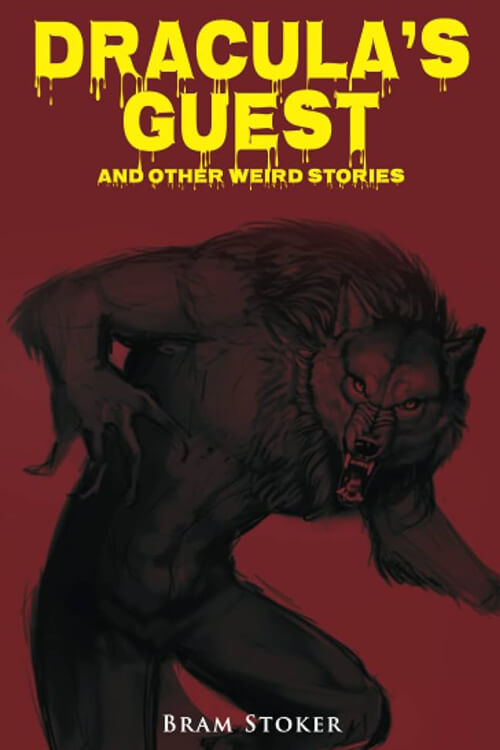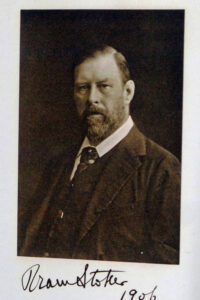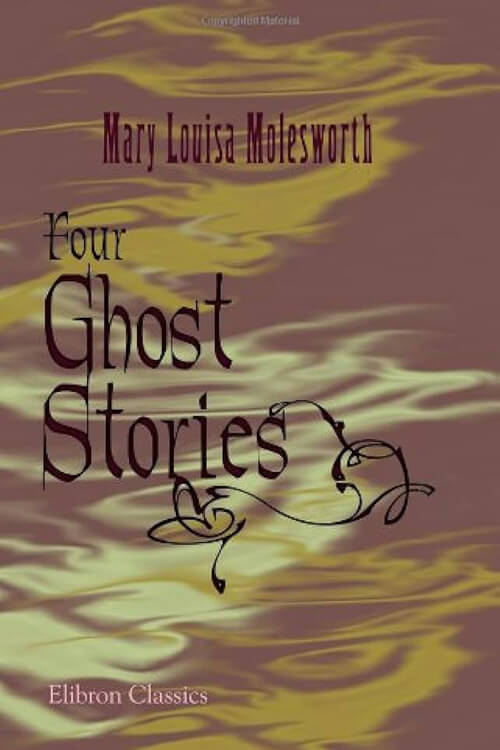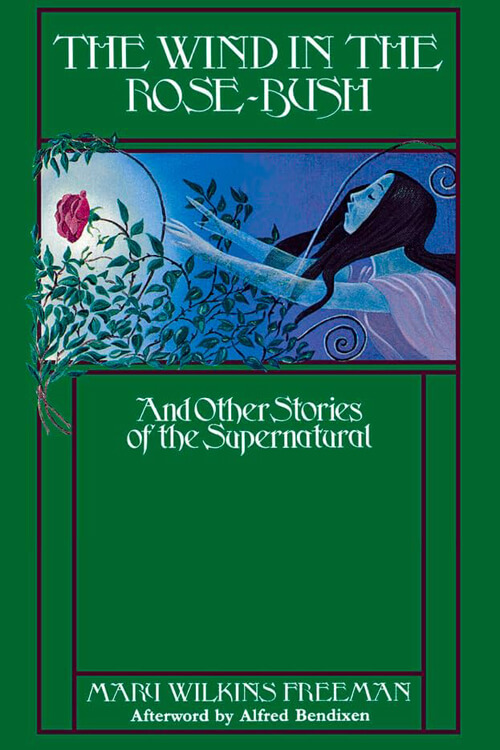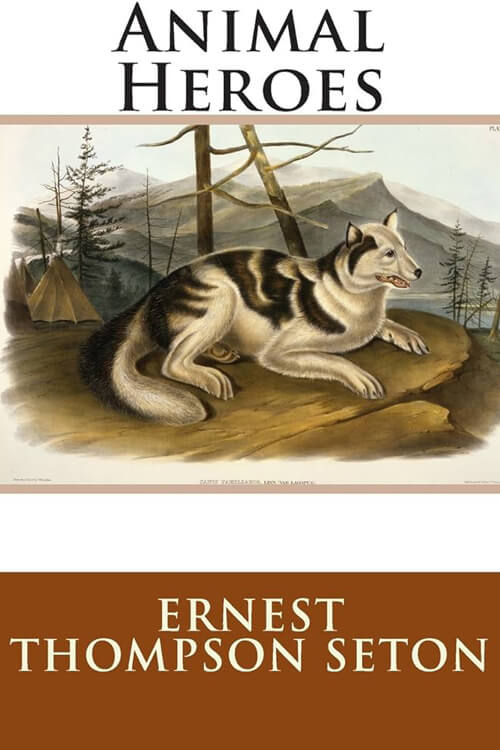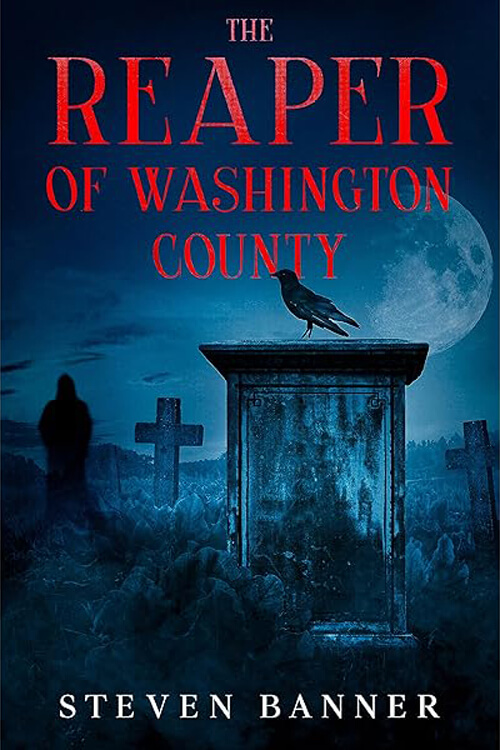
Dracula’s Guest and Other Weird Stories
‘Well, Johann, I want to go down this road. I shall not ask you to come unless you like, but tell me why you do not like to go. That is all I ask.’ For the answer, he seemed to throw himself off the box so quickly he reached the ground. Then he stretched his hands appealingly to me and implored me not to go. There was just enough English mixed with German for me to understand the drift of his talk. He always seemed to be about to tell me something—the very idea of which frightened him. Still, each time he pulled himself up, saying, as he crossed himself: ‘Walpurgis-Nacht!’ I tried to argue with him, but it was challenging to communicate with a man when I did not know his language. The advantage indeed rested with him, for although he began to speak in English, of a very crude and broken kind, he always got excited and broke into his native tongue—and every time he did so, he looked at his watch.
Then, the horses became restless and sniffed the air. At this, he grew very pale, and, looking around in a frightened way, he suddenly jumped forward, took them by the reins, and led them on some twenty feet. I followed and asked why he had done this. For answer, he crossed himself, pointed to the spot we had left, drew his carriage in the direction of the other road, indicating a cross, and said, first in German, then in English: ‘Buried him—him what killed themselves.’ I remembered the old custom of burying suicides at crossroads: ‘Ah! I see a suicide. How interesting!’ But for my life, I could not determine why the horses were frightened. While talking, we heard a sound between a yelp and a bark. It was far away, but the horses got very restless, and it took Johann all his time to quiet them. He was pale and said, ‘It sounds like a wolf—but there are no wolves here now.’
Read or download Book
Bram Stoker
Abraham Stoker (8 November 1847 – 20 April 1912) was an Irish author who wrote the 1897 Gothic horror novel Dracula.
Biography.
During his lifetime, he was better known as the personal assistant of actor Sir Henry Irving and business manager of the West End’s Lyceum Theatre, which Irving owned. In his early years, Stoker worked as a theatre critic for an Irish newspaper and wrote stories and commentaries. He also enjoyed travelling, particularly to Cruden Bay in Scotland, where he set two of his novels. During another visit to the English coastal town of Whitby, Stoker drew inspiration for writing Dracula. He died on 20 April 1912 due to locomotor ataxia and was cremated in north London. Since his death, his magnum opus Dracula has become one of the best-known works in English literature, and the novel has been adapted for numerous films, short stories, and plays. Stoker was born on 8 November 1847 at 15 Marino Crescent, Clontarf, on the north side of Dublin, Ireland. The park adjacent to the house is now known as Bram Stoker Park. His parents were Abraham Stoker (1799–1876) from Dublin and Charlotte Mathilda Blake Thornley (1818–1901), who was raised in County Sligo. Stoker was the third of seven children, the eldest of whom was Sir Thornley Stoker, 1st Bt. Abraham and Charlotte were members of the Church of Ireland Parish of Clontarf and attended the parish church with their children, who were baptized there. Abraham was a senior civil servant.
Stoker was bedridden with an unknown illness until he started school at the age of seven, when he made a complete recovery. Of this time, Stoker wrote, “I was naturally thoughtful, and the leisure of long illness allowed many thoughts which were fruitful according to their kind in later years.” He was privately educated at Bective House School, run by the Reverend (William Woods). After his recovery, he grew up without further serious illnesses, excelling as an athlete at Trinity College, Dublin, which he attended from 1864 to 1870. He graduated with a BA in 1870 and paid to receive his MA in 1875. Though he later in life recalled graduating “with honours in mathematics”, this appears to have been a mistake. He was named a University Athlete, participating in multiple sports, including playing rugby for Dublin University. He was auditor of the College Historical Society (the Hist) and president of the University Philosophical Society (he remains the only student in Trinity’s history to hold both positions), where his first paper was on Sensationalism in Fiction and Society.

